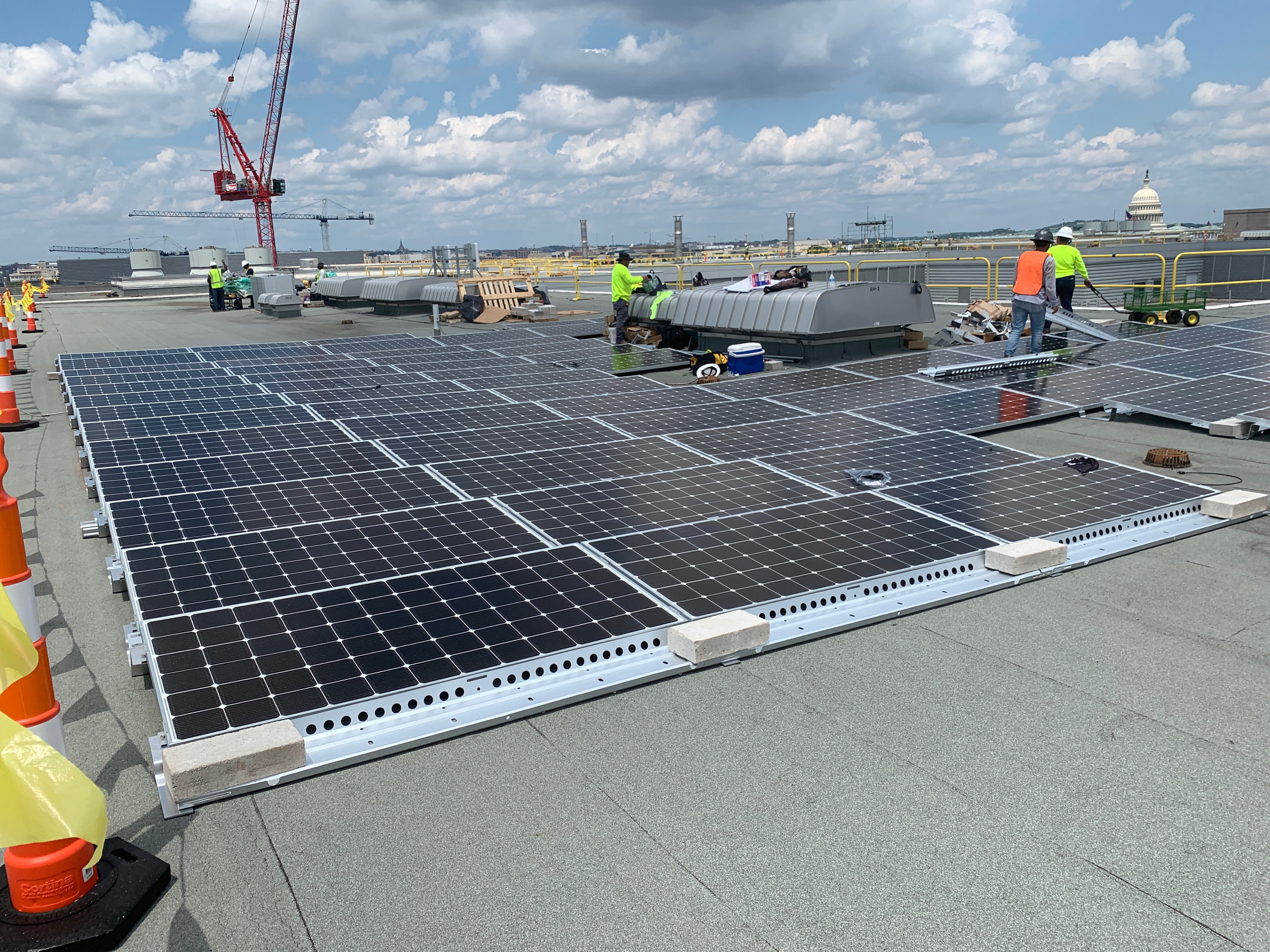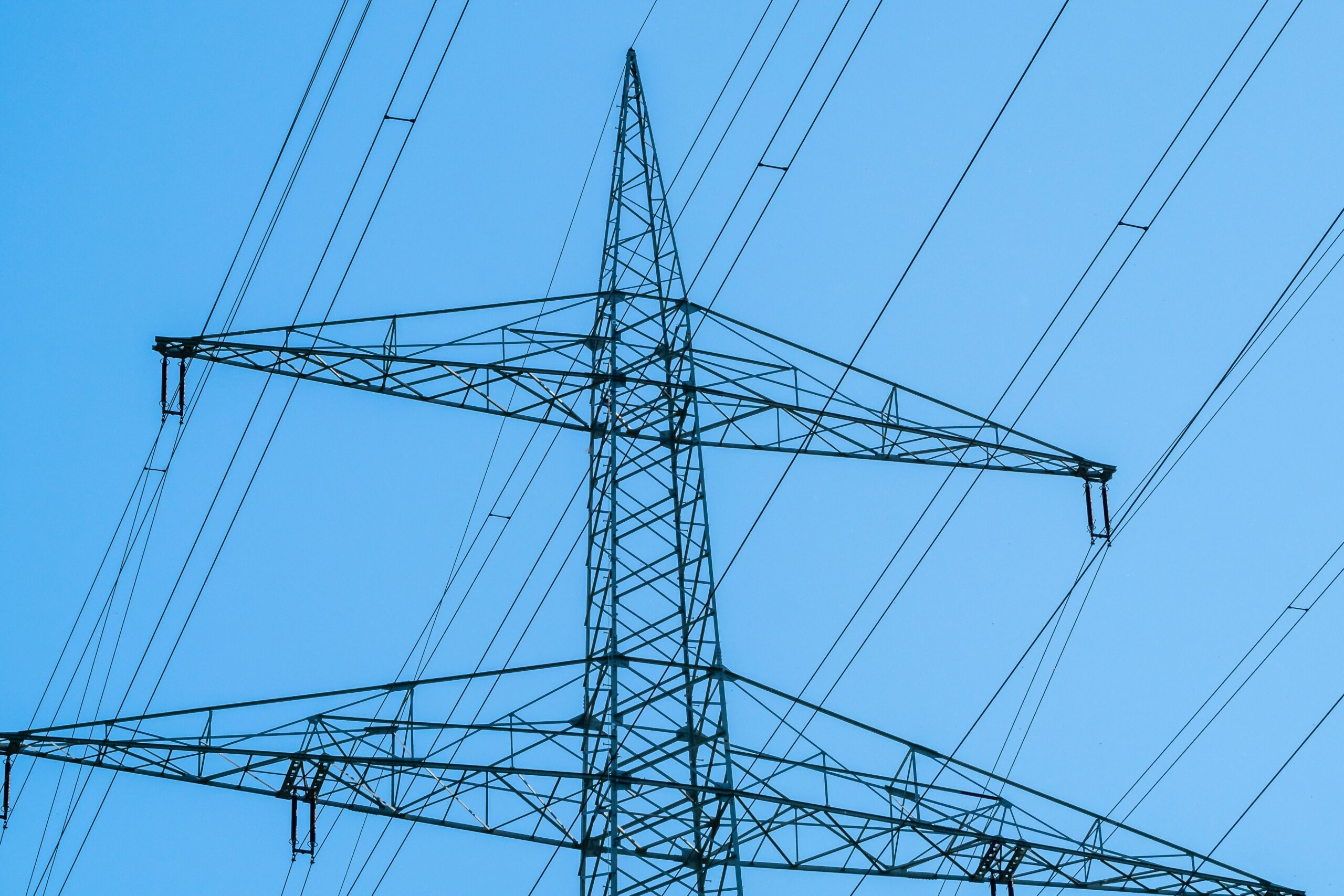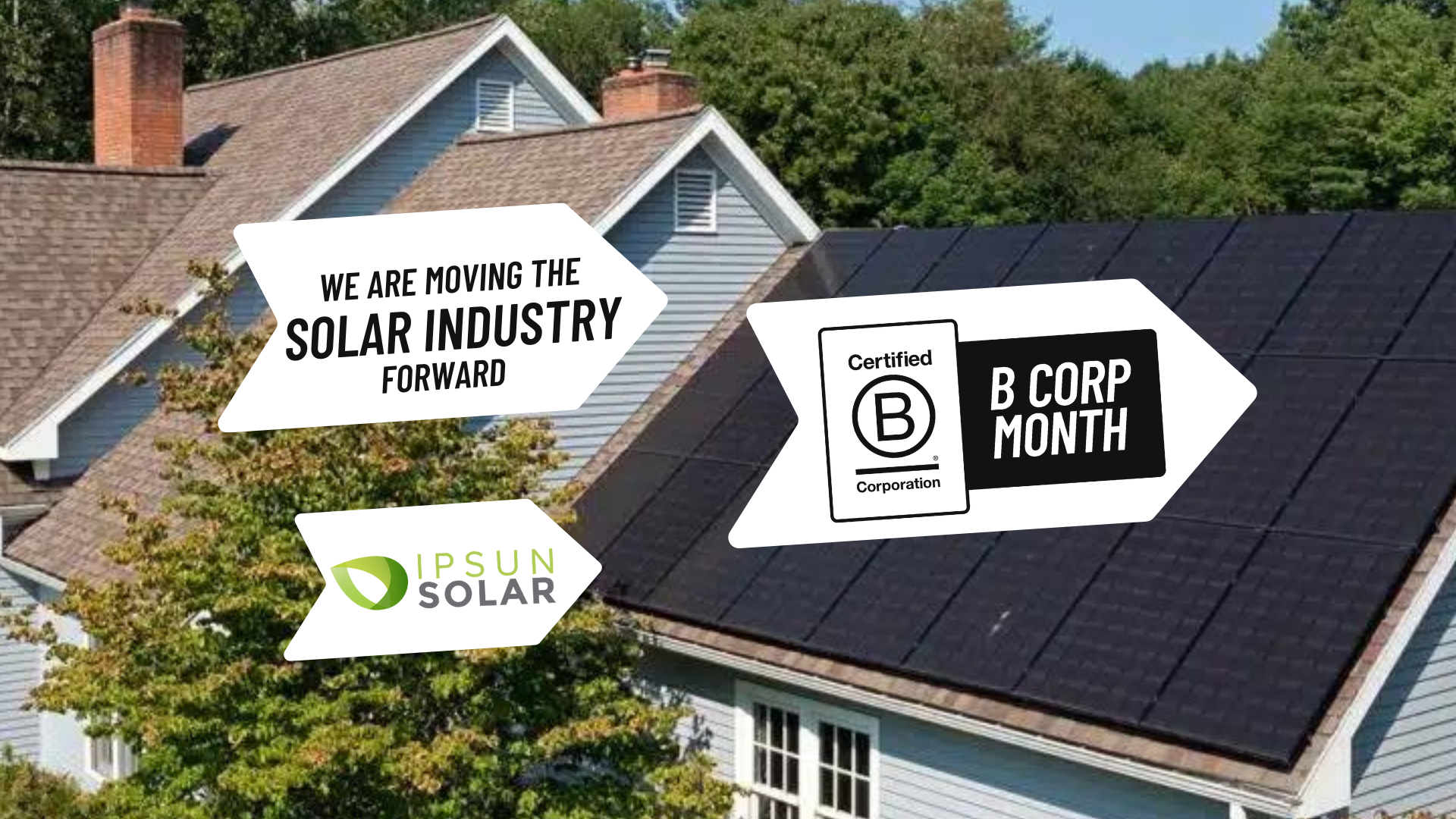Updated 7/21/23
As companies like Apple, Amazon, Walmart and Target join the solar energy revolution, it’s becoming clear that powering your business on renewable energy is the way of the future. Lately, we’re seeing businesses of all sectors and sizes making the switch to solar power. This trend is critical for the future of our planet as a key factor in fighting climate change. But the bottom line is, most businesses go solar because it’s cost effective.
How Does Solar Save You Money?
Solar saves businesses cash in several ways. Most important, it cuts your electricity bills; often dramatically. According to EnergySage marketplace data, the average commercial property owner pays around $557 in monthly electricity bills before going solar. After a solar installation, their electricity bill was reduced by approximately 89%.
Additionally, depending on how you pay for it, solar can also give you a predictable electricity rate over the long term, allowing for better budgeting and planning. Solar also increases your property value. A recent Zillow study shows that a building powered by solar sells for 4% more on average than a building that is tied to old fashioned fossil fuel power.

Ipsun commercial solar installation in progress in Washington DC
Four steps to saving money for your business
Whatever type of solar project you choose to undertake, the process will follow the four basic steps outlined below. Here’s an overview of what the process looks like:
1. Planning and information gathering
This is the first step in any project, and Ipsun’s solar experts are here to help you gather this information. This due diligence includes understanding your financial options and tax benefits, researching and deciding on the options for your installation size and scope, and understanding the legal details.
- Scope of project – Ipsun’s engineers and designers can help you understand your options and what the estimated return will be on your various options.
- Site visit or evaluation – The physical evaluation of the proposed site, whether it’s a structural evaluation of a building or in-depth topographical and geological surveys of a proposed worksite, will ensure that the option you’d like to pursue will be the best choice for your property.
- Confirm right to build – A legal review of title reports and other records will confirm your right to build.
- Considerations for multi-unit housing – Gain an understanding of the implications if you are a landlord with a triple net lease, or if you own a site that has multiple meters. These situations do not preclude a property from being solar-ready, but we will need to look into the details to recommend a cost-effective solution for your specific situation.
- Decide your ideal payment and ownership options – Finance options as well as various federal and state incentives and tax implications are topics that Ipsun’s solar experts will be happy to walk you through to answer any questions. Considerations include:
- Types of financing available:
- A no out-of-pocket cost Power Purchase Agreement is a great way to go solar without the expense and risk of owning your solar equipment, in contrast to a typical cash investment in a solar project.
- C-PACE financing enables building owners to undertake large-scale projects and improvements with minimal initial capital outlays, preserving cash flow and producing near-term operational savings
- Bank loan
- Cash payment
- Incentives available:
- The Federal Investment Tax Credit is in place at 30% through 2032.
- The Modified Accelerated Cost Recovery System (MACRS) depreciation can also be utilized to recover the capitalized cost of an asset via annual deductions.
- State and local incentives vary by region
- Types of financing available:
2. Engineering and Commercial Solar Panel Design
In the second phase, conceptual ideas and initial plans are formalized. Early design drawings show where the solar panels for your business will be placed and help lock down exactly what will happen once construction begins. You can expect to review permit drawings, which are used to obtain various building permits. Toward the end of this phase, you’ll also review Construction Drawings, which are the blueprints for all the commercial solar installation work to follow.
3. Construction and Solar Panel System Commissioning
Depending on the type of project, the construction phase can take a few days for simple installations and up to 12+ weeks or longer for more complex projects. There may be some periodic interruptions to your organization’s daily routine during construction. For example, you may need to find alternate parking options or accommodate temporary power shutdowns. These inconveniences can be minimized with a well thought-out project plan.
Once your project is built, another inspection will confirm it’s ready to connect with the utility company, and the utility will then grant Permission To Operate (PTO). This phase can take a month or more. Once you have PTO, your system will be fully operational and you’ll be able to start monitoring your solar energy production.
4. Solar Panel Service and Maintenance
A properly maintained and serviced commercial solar installation can provide decades of clean, reliable energy—and it begins on the first day your new solar system comes online. We offer various contract levels to help you tailor the agreement to meet your specific goals and needs.
Ipsun’s Operations & Maintenance Team includes dedicated field-service engineers, master electricians, and technicians who will actively oversee the quality and performance of a solar project with effective maintenance.
Available services include:
- Site visits: Our team will regularly be on site to inspect your installation and analyze whether it is producing the amount of power it has promised.
- Solar panel cleaning: On average, regular solar array cleaning will increase annual solar energy production by 5 to 10% in climates with a dry season.
- Electrical system checks and solar inverter preventative maintenance: Regularly checking the electrical systems and inverters to make sure they are performing properly — and make corrections if they are not – is an important aspect of any O&M contract.
- Other services can include: Audit energy production, evaluate network voltage and frequency, inventory and spare parts management, environment conditions control, and coordinate warranty repairs and regular service checks.
Get in touch with us today to talk about the possibilities for your business. We’re here to show you how easy it can be to save money and feel great about greening your business. We can discuss how the specific details of your business can factor into your decisions and create a tailored solution for you. Reach out by phone at (703) 249-6594, or fill the form below to get in touch!




